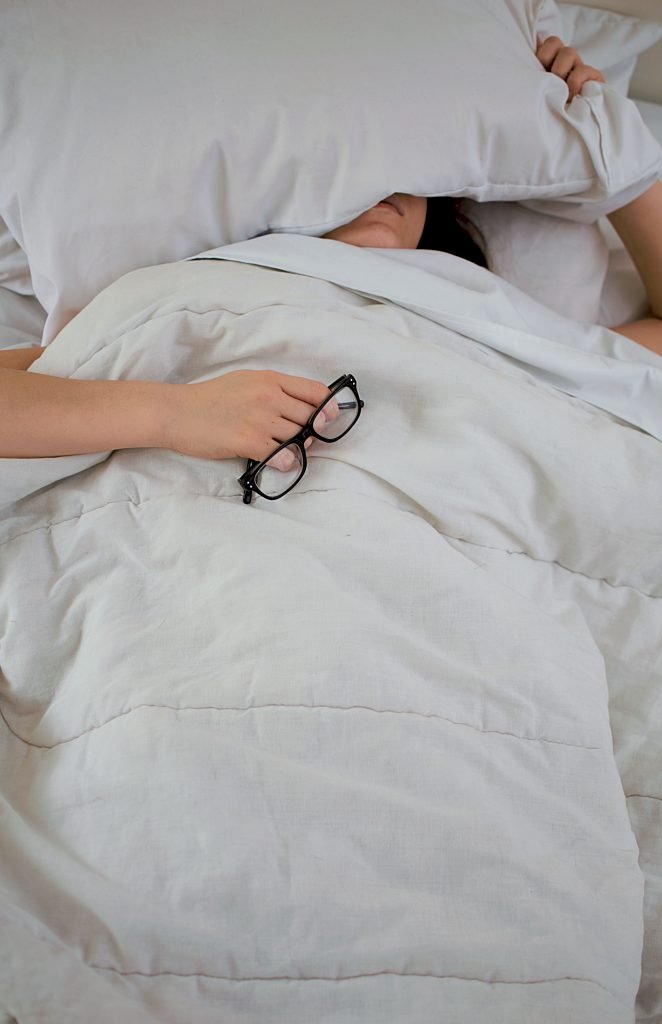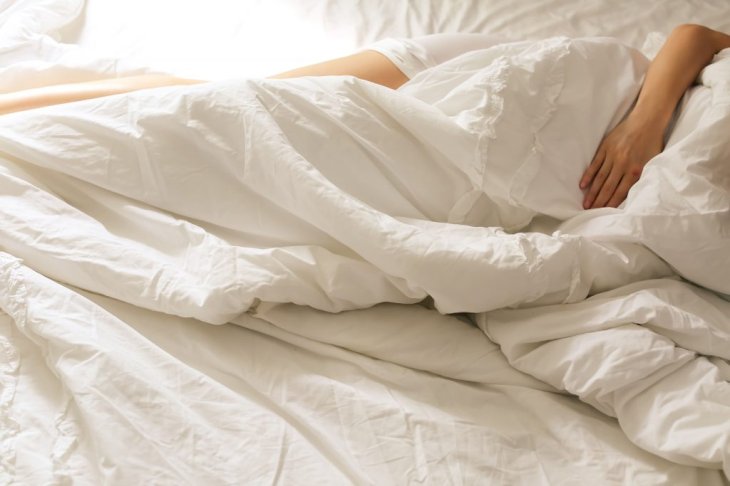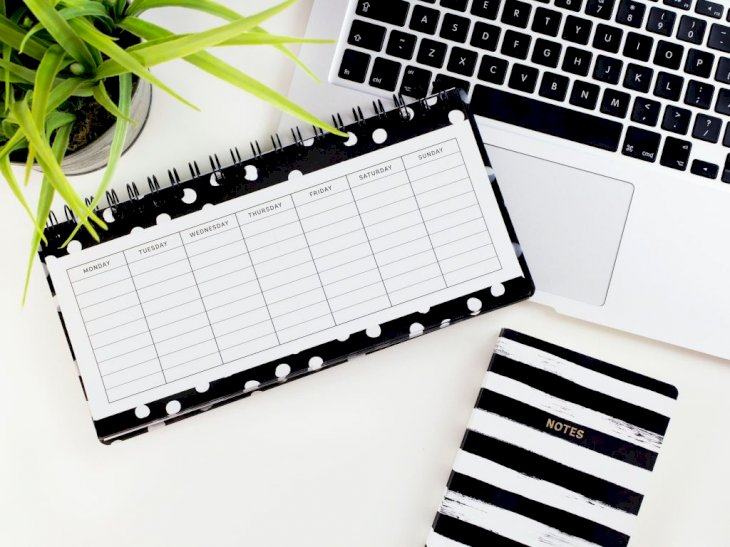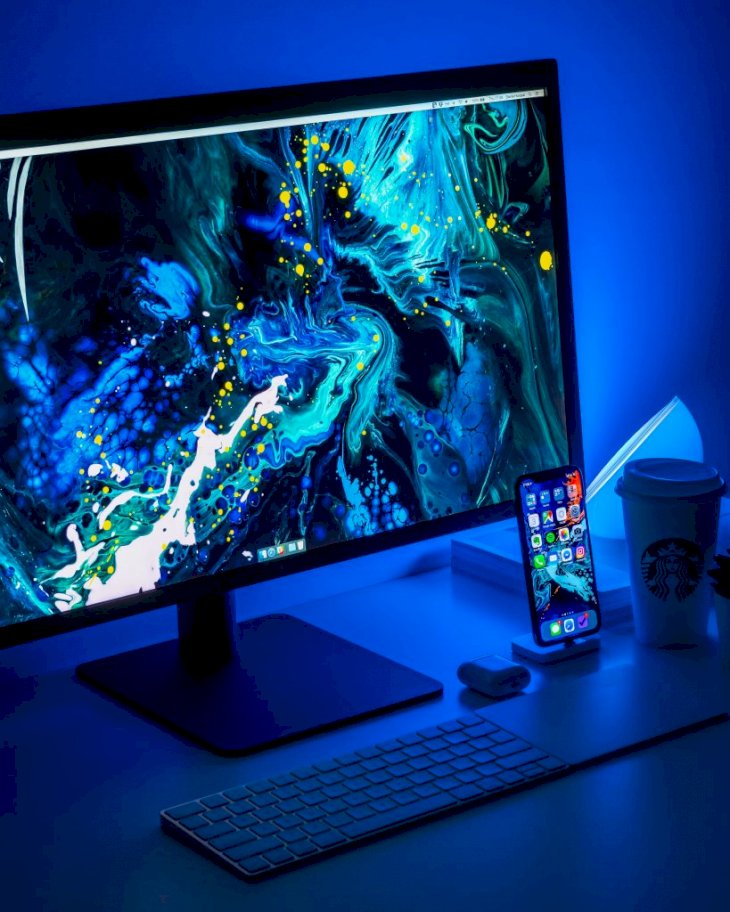
Easy Rules That Promise To Improve Your Sleep
Bedtime is always something to look forward to unless it comes with anxiousness. Many young people are exhausted from irregular sleeping patterns, which can result in stress.
Being able to stick to a regular sleeping pattern seems like winning a lottery jackpot these days. The constant change of routine has affected most people’s sleeping patterns this year.

Photo by Isabella and Louisa Fischer on Unsplash
Young adults should be sleeping for 7 - 9 hours, which seems unattainable to sleep-deprived people. Seeking out tips and tricks for better sleep can always do more good than harm. We’ve compiled a list of tips for better sleep to help you get your snooze on hopefully.
Reach For A Magnesium Supplement

Photo by Mika Baumeister on Unsplash
Magnesium supplements are not proven to be a viable sleeping aid, but they are great for overall health. Most are aware that magnesium aids with muscle relaxation and alleviate muscle cramps. Taking one or two magnesium supplements can help those who have tense muscles relax before bedtime.
Invest In A Vibrator

Photo by Ava Sol on Unsplash
Reaching an orgasm before your bedtime can help you fall asleep much faster. Family and marriage therapist Dr. Julia Hauser confirms this with scientific proof.
“The release of oxytocin and vasopressin in orgasm and pleasure are associated with sleep and can help you fall asleep faster.” says Dr. Hauser
Breathing Exercises

Photo by Max van den Oetelaar on Unsplash
Breathwork is prevalent in meditation and yoga teachings and exercises. Focusing your mind on breathing allows you to ignore the noise around you and lower your heart rate to a relaxing state.
TikTok user Maxwell Whittington-Cooper shares a helpful guide to the 4-7-8 breathing technique. This technique has gained him 2.6million views and is worth having a look at for extra assistance.
Make A Schedule

Photo by Emma Matthews Digital Content Production on Unsplash
A regular sleep schedule can improve the quality of sleep while increasing the number of hours one sleeps. It is essential to maintain a sleep schedule on weekends to support your body’s internal clock. Most smartphones assist in keeping track of sleep schedules by setting necessary alerts and reminders.
Shutdown Your Electronics

Photo by Daniel Korpai on Unsplash
Sleep medicine physician Robert S. Rosenberg advises that devices be shut down an hour before bed. Our television, laptop, and phone screens produce blue light that keeps our minds wired at night.
An alternative to completely shutting down is to schedule devices for night mode. Night modes or Twilight emit melanopic light that does not affect sleep as much as the bright blue light.